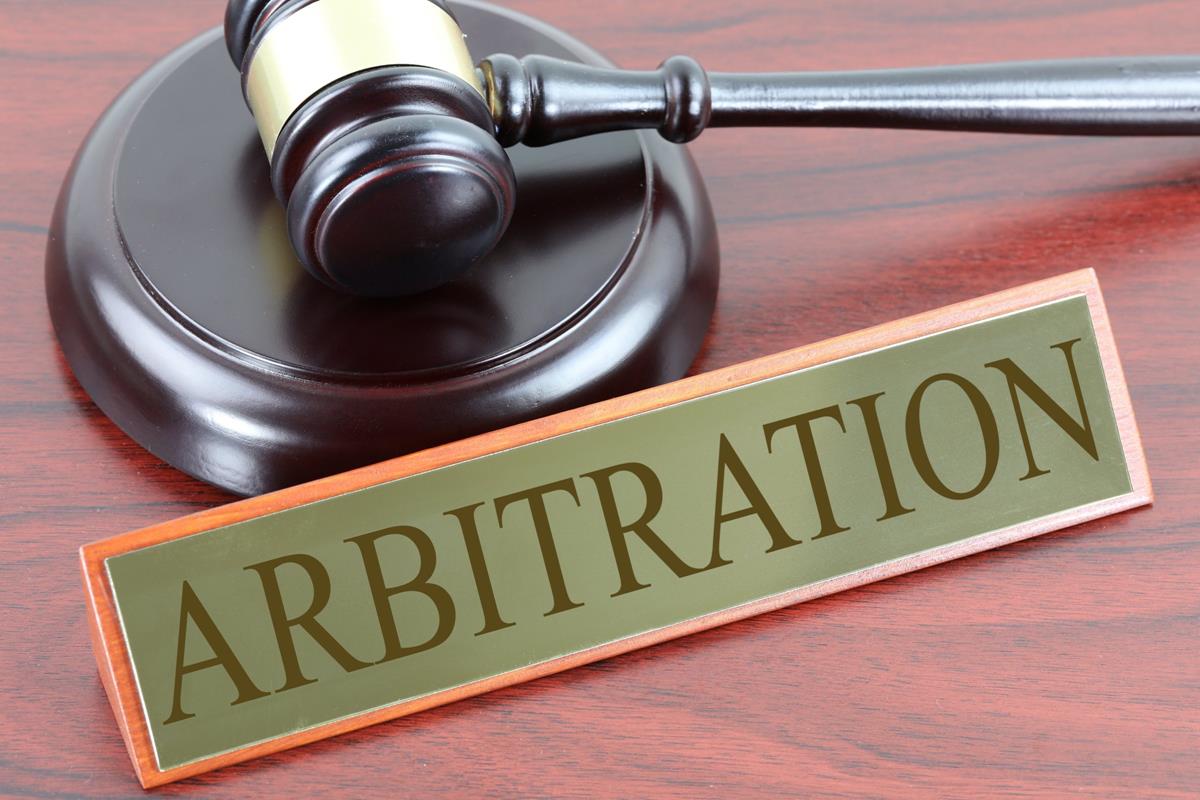Calcutta High Court Backs Contractor: Mehrotra Buildcon Obtains Right to Choose Sole Arbitrator Against Railway
Case Title: M/s. Mehrotra Buildcon Pvt. Ltd. vs South Eastern Railway
Case No: AP 736 of 2023
Decided on: 15.12.2023
CORAM: Hon’ble Justice Moushumi Bhattacharya
Facts of the Case
The petitioner, a contractor for the Jharsuguda foot-over bridge construction, seeks the court’s intervention in appointing an arbitrator as outlined in the relevant contract. The respondent, South Eastern Railway, engaged the petitioner for construction.
The NIT outlined the Standard General Conditions of Contract (September 6, 2019) as the governing mechanism for dispute resolution. A disagreement emerged between the parties regarding the price variation clause. The petitioner subsequently issued multiple notices between September 8, 2021, and August 5, 2022, highlighting their grievances and submitting invoices for the respondent’s consideration.
Counsel submits that the very act of the respondent sending four names for the petitioner to choose three of the panel is contrary to the decisions of the Supreme Court in terms of the impartiality and independence. Counsel also places a letter where the petitioner disagreed to waive the applicability of Section 12(5) of the 1996 Act.
Legal Provisions
Section 11 of The Arbitration and Conciliation Act, 1996 deals with the Appointment of arbitrators. It has 12 clauses.
Section 12(5) of The Arbitration and Conciliation Act, 1996 stipulates that regardless of any preexisting agreement, individuals with specific conflicts of interest, as outlined in the Seventh Schedule, are automatically disqualified from being appointed as arbitrators.
Clause 64(3)b(ii) of General Condition of Contract :- Replace numeral 30 with 60. After modification, the complete clause would read as follows:-
“A party may apply for corrections of any computational errors, any typographical or clerical errors or any other error of similar nature occuring in the award of tribunal within 60 days of the receipt of the award.”
Issues
- Whether the parties are bound by Clause 64(3)(b)(ii) of the General Condition of Contracts with regard to the arbitration mechanism provided under the said clause?
- Whether the petitioner would be bound by the dictum in Union Territory of Ladakh?
Court analysis and decision
- After considering the arguments of both parties, the Court finds that the key question hinges on the impact of the Supreme Court’s decision in Central Organisation for Railway Electrification v. ECI-SPIC-SMO-MCML, A Joint Venture Company (JV) (2020) 14 SCC 712, which was later referred to a larger bench due to potential discrepancies with Union of India v. Tantia Constructions Limited (2021) SC 271.
- The court rejected the contentions made on behalf of the respondent and appointed an arbitral tribunal of 3 learned arbitrators to adjudicate the disputes between the parties.
- Counsel appearing for the parties submitted that instead of 3, the Court may appoint 1 Arbitrator.
- The Supreme Court, in Union Territory of Ladakh vs. Jammu and Kashmir National Conference 2023 SC 1140, ruled that High Courts cannot decline to apply a Supreme Court judgment solely due to potential doubts raised by a subsequent co-equal Bench. In instances of conflicting rulings by Benches of equal strength, the earlier judgment remains binding.
- The Supreme Court, in Central Organisation, addressed clause 64(3)(b) of the GCC. They upheld the use of retired Railway Officers as arbitrators, emphasizing their expertise as a reason for their inclusion in the dispute resolution process. This countered the High Court’s decision to appoint a sole arbitrator outside the GCC framework.
- The Supreme Court further held that there was room for suspicion of the other party picking its favorites. The Supreme Court accordingly recommended that the panel must be made more broad-based to cut back any apprehension of partiality or lack of independence of the arbitrators.
“PRIME LEGAL is a full-service law firm that has won a National Award and has more than 20 years of experience in an array of sectors and practice areas. Prime legal falls into the category of best law firm, best lawyer, best family lawyer, best divorce lawyer, best divorce law firm, best criminal lawyer, best criminal law firm, best consumer lawyer, best civil lawyer.”
Written by- Bhawana Bahety


